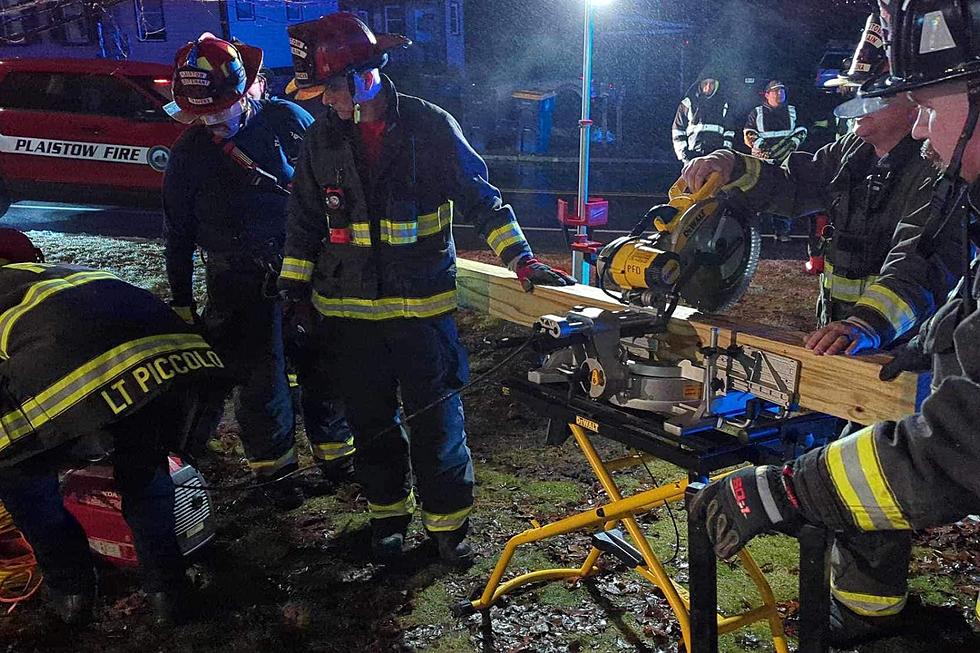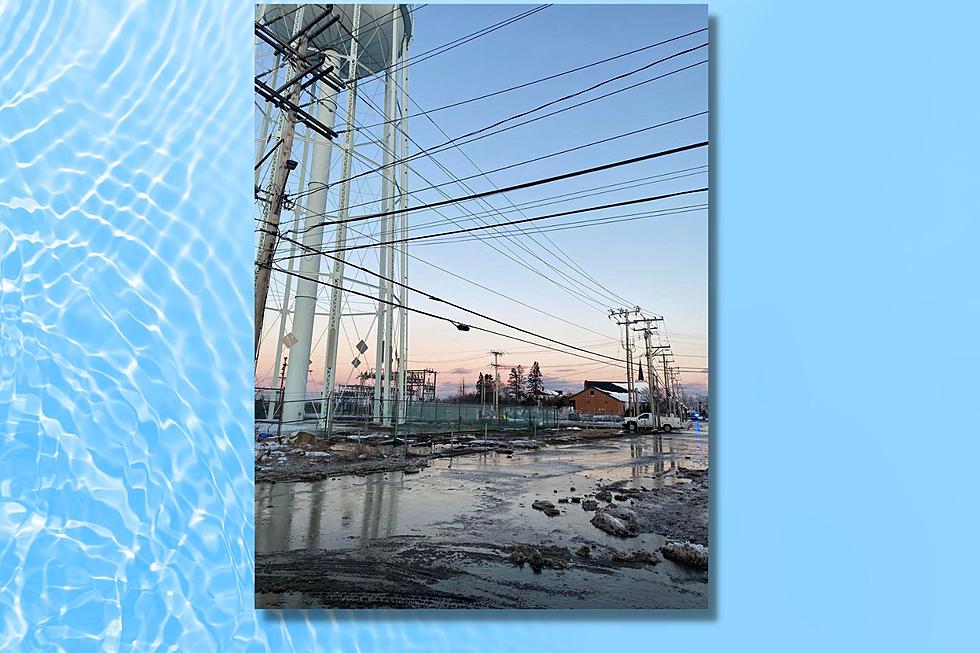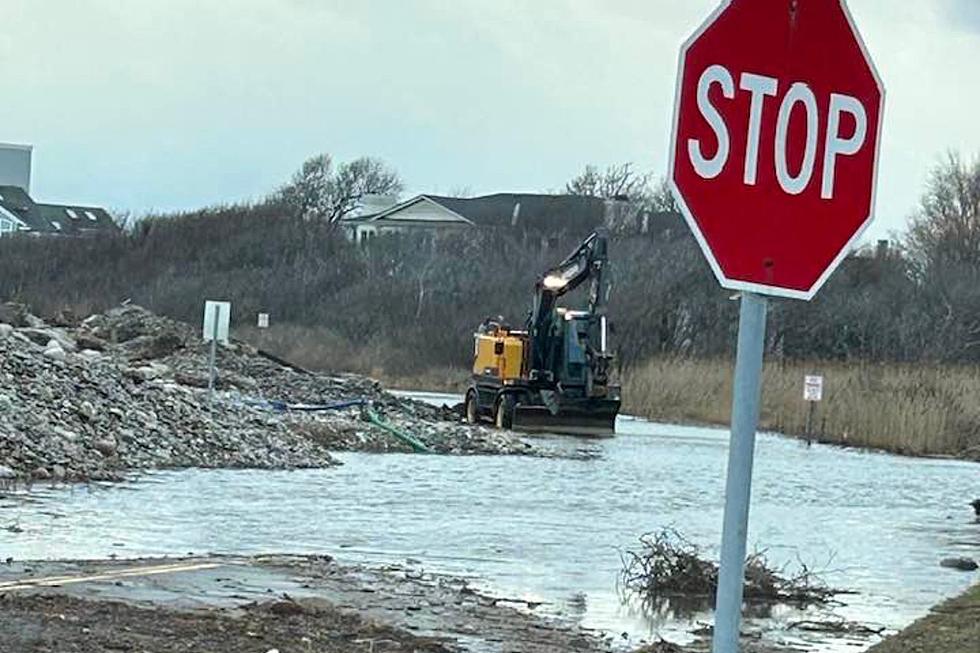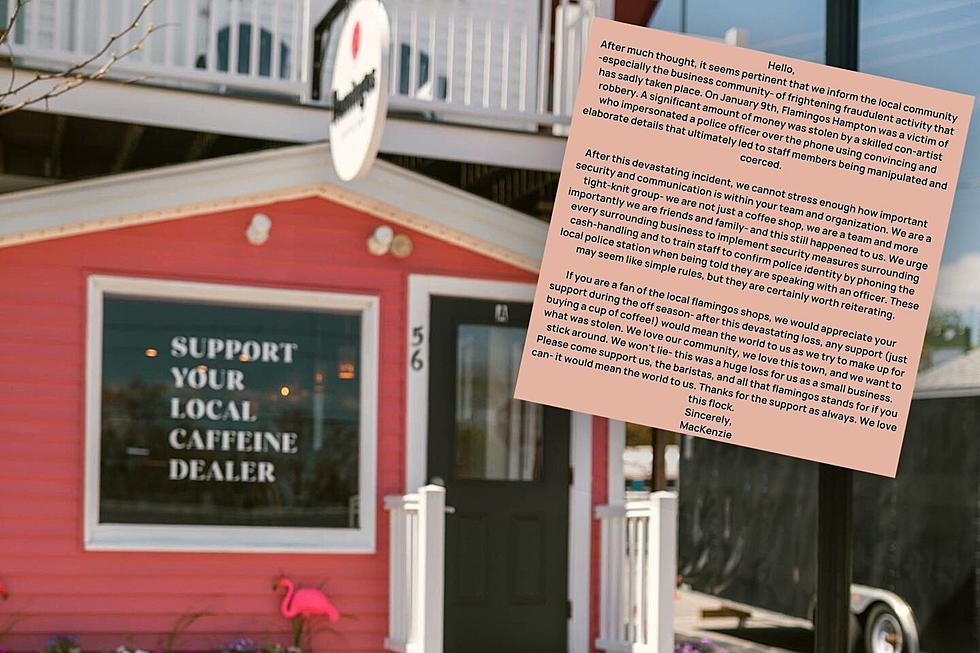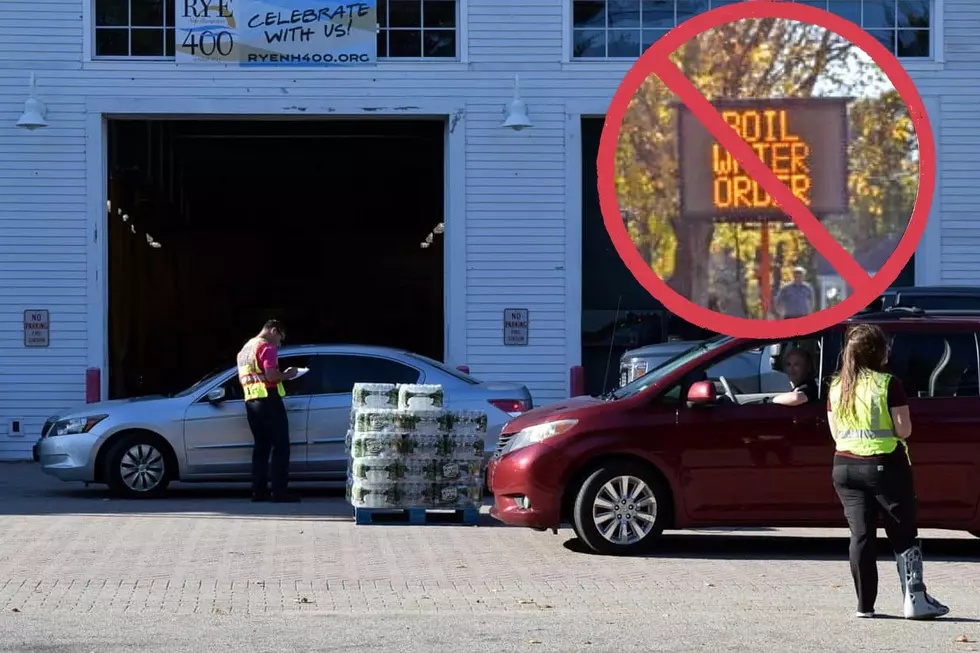
Rye, New Hampshire, Water District Ends Boil Water Order — What Now?
The Rye Water District lifted its boil water order Friday afternoon after just over three weeks.
Effective immediately, Rye Water District customers no longer need to boil water being used for consumption after samples were drawn from the distribution system and did not have bacterial contamination for two consecutive days.
Of the samples drawn from the wells, one well showed coliform bacteria. However, with the chlorination process currently underway, the state Department of Environmental Services approved the boil order be lifted.
"We are incredibly grateful to our customers for their patience during the past few
weeks," Rye Superintendent Arik Jones said in a statement.
Earlier this week, the DES ordered the water district to permanently chlorinate its water. Portsmouth Water and Aquarian Water, which supplies to some Rye residents, also chlorinates their water.
The town will also still hold a forum Sunday afternoon at Rye Junior High School from 1:30 p.m. - 3:30 p.m. to answer questions and address concerns.
With the order lifted, the Rye Water District suggested residents do the following to make sure the water in their home is clean.
- Flush household pipes/faucets by running each of the cold water faucets on
full for at least five minutes each. If your service connection is long or complex
(like in an apartment building), consider flushing for a longer period. Your building
administration or landlord can advise you if longer flushing times are
recommended. - Automatic ice makers: Dump existing ice and flush by making and discarding
three batches of ice cubes. Wipe down the ice bin with a disinfectant. If your
water feed line to the machine is longer than 20 feet, increase to five batches.
For hot water heaters, water coolers, in line filters, and other appliances with
direct water connections or water tanks, run enough water to completely
replace at least one full volume of all lines and tanks. If your filters are near the
end of their life, replace them. - Water softeners: Run through a regeneration cycle.
- Reverse Osmosis (RO) units: Replace pre filters, and check owner’s manual.
- Replace other water filters, as they are disposable and may be
contaminated. This applies especially to carbon filters and others that are near
the end of their life.
Contact reporter Dan Alexander at Dan.Alexander@townsquaremedia.com or via Twitter @DanAlexanderNH
The Perfect Playlist for Thanksgiving in New England
More From Seacoast Current


